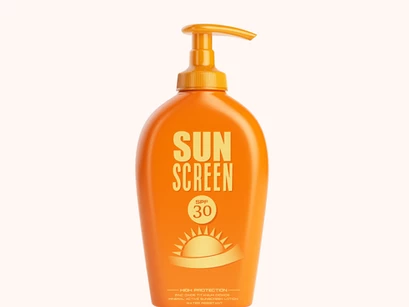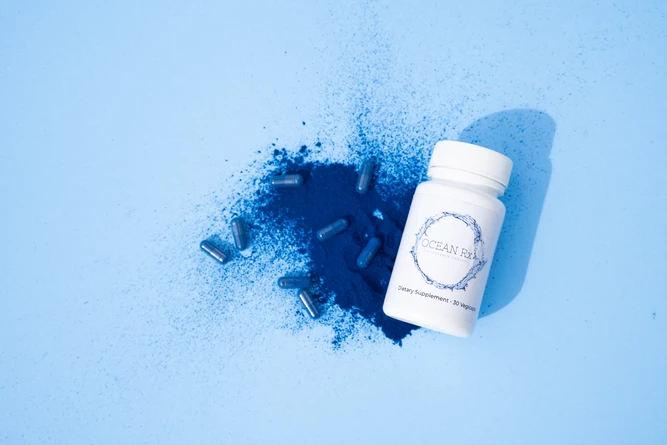Updated: Sep 18, 2020
By Renata Block, MMS, PA-C
Are you into “Natural” products? How about “Organic” or “Clean”? As a Dermatology PA-C, I can see up to 120 patients a week, and I admit a lot of people are requesting these types of products to treat their skin conditions. Nonetheless, I feel the majority of the public doesn’t know what the definition of these mean.
Let me introduce it to you in a simple manner:
~Natural Products can be a chemical or compound produced by living material AKA plant, animal, mineral, microbe based. A good example is a mineral-based SPF such as Zinc Oxide.
~Organic is anything free of harsh chemicals. Still, the percentage can vary based on the packaging definition: 100% organic vs. organic vs. made with organic ingredients are THREE completely different definitions of organic. For example, something “organic” only has 95% of organic materials, whereas something “made with organic ingredients” has 70%. The case of some harsh chemicals is known as pesticides, genetically modified, fertilizers.
~Clean ok, this is the “new” go-to product. Pretty much it means anything chemical, natural, organic that is deemed safe to use based on studies. “Clean” can be natural or human-made. Clean products are void of “toxic” ingredients. The definition of “toxic” is anything proven to be harmful to the body or skin. For example, Oxybenzone, a chemical used in sunscreen, has been found to cause hormonal disruption and coral bleaching in laboratory settings.
So let us talk prescriptions, shall we? I have people denying prescriptions for their medical skin condition because it does not fall into the above three categories. This can be frustrating as a provider because, in the end, a lot of prescriptions have been rigorously tested and deemed safe, now yes, there are side effects and reactions to worry about, but you should worry about this with your natural, organic, and clean products as well. A good example is topical Tea Tree Oil used for acne, a lot of people purchase it but did you know it can cause a rash after exposure to UV light? How about Poison Ivy? You wouldn’t put this on your skin, would you? Lastly, cyanide is organic, and I can’t see anyone wanting to use this either.
Another problem is that you may have a side effect to one of the ingredients that were “deemed” safe. Remember, side effects can still occur as our bodies respond to products different. Just because of it being “clean” does not mean safe for you.
So before you are adamant about wanting anything Natural, Organic, and Clean, make sure you are well informed. As providers, we want to help you get better not to make things worse. What’s on your face? MUAH????
Diva Tip: The FDA does not regulate Tea Tree Oil!
Renata Block is the creator of Savvy Derm Diva and is a Dermatology PA-C living in Chicago.



